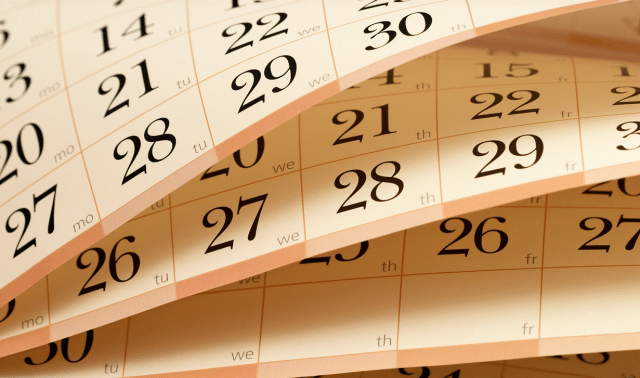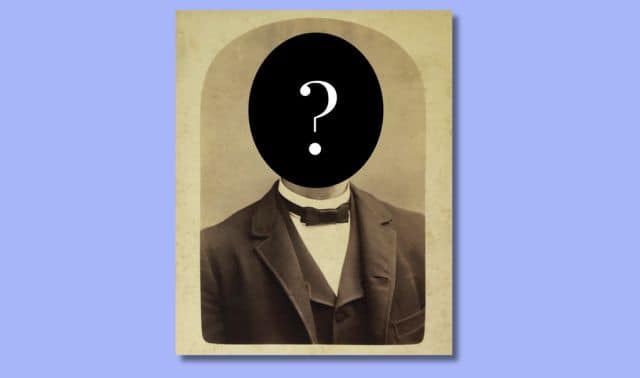Sign up for the Family Tree Newsletter Plus, you’ll receive our 10 Essential Genealogy Research Forms PDF as a special thank you!
Get Your Free Genealogy Forms
"*" indicates required fields
A It sounds like you’re looking for a DNA test that shows your ethnic heritage, rather than whether you’re related to someone. Several types of tests accomplish this to some degree.
Biogeographical tests
Tests such as DNA Print Genomics’ AncestryByDNA evaluate autosomal DNA, which makes up all your genetic material except for what’s on the XX and XY chromosomes.
AncestryByDNA looks for markers that are characteristic of various groups to estimate your percentages of heritage from four populations: Native American, East Asian, Sub-Saharan African (areas south of the Sahara Desert) and Indo-European (Europe, Middle East, North Africa, Western Asia). The EuroDNA 1 and 2 tests further break down Indo-European heritage.
These tests won’t tell you what country your ancestors came from. Also, there’s a margin of error—most show that in the form of a bar graph with your most likely percentages along with other possible percentages.
Haplogroup tests
Most genetic genealogy laboratories, such as Oxford Ancestry, can test your mitochondrial DNA and assign you to a haplogroup—the genetic group your ancient ancestors (10,000 to 60,000 years ago) belonged to. The haplogroup R1b, for example, is common to Western Europeans.
That’s great to know, but not super-helpful for genealogical purposes because records identifying your ancestors don’t go back 10,000 years. Also, haplogroup information comes from a small section of your tree because you get your mitochondrial DNA from your mother’s mother’s mother’s mother’s (I could go on) mother.
Population comparison tests
Some companies test your DNA and compare certain markers to proprietary databases of DNA results from various populations. You get a report showing which populations your DNA most closely matched. DNAConsulting’s DNA Fingerprint test, for example, compares your sample to a database called Omnipop. You get a list of strongest and “medium-strong” matches, and people with European heritage can get a list of likely country matches.
African Ancestry performs similar comparisons to its database of DNA from African tribes.
Keep in mind the accuracy of these tests is limited by the DNA samples in the comparison database. Not all the world’s diverse populations have been sampled, so your best match may not be a close match at all.
And due to migrations of populations and national boundaries, your DNA could be similar to that of a modern resident of a particular country, but not to that area’s historical population. Since these DNA databases are growing, though, a good match may pop up down the road.
The best genetic genealogy company for you depends on what you want to know, and what you think your ethnicity is (since different companies’ comparison databases may be stronger in different areas). Genetic genealogy experts recognize DNA science is in its infancy, and urge you to back up test results with traditional research. So if a test shows you have DNA markers consistent with American Indians, you wouldn’t consider those results ironclad until you find genealogical records of American Indian ancestors.
For our layperson’s guide to using DNA in your genealogy research, along with DNA testing company contact information, see the October 2006 Family Tree Magazine.
ADVERTISEMENT




